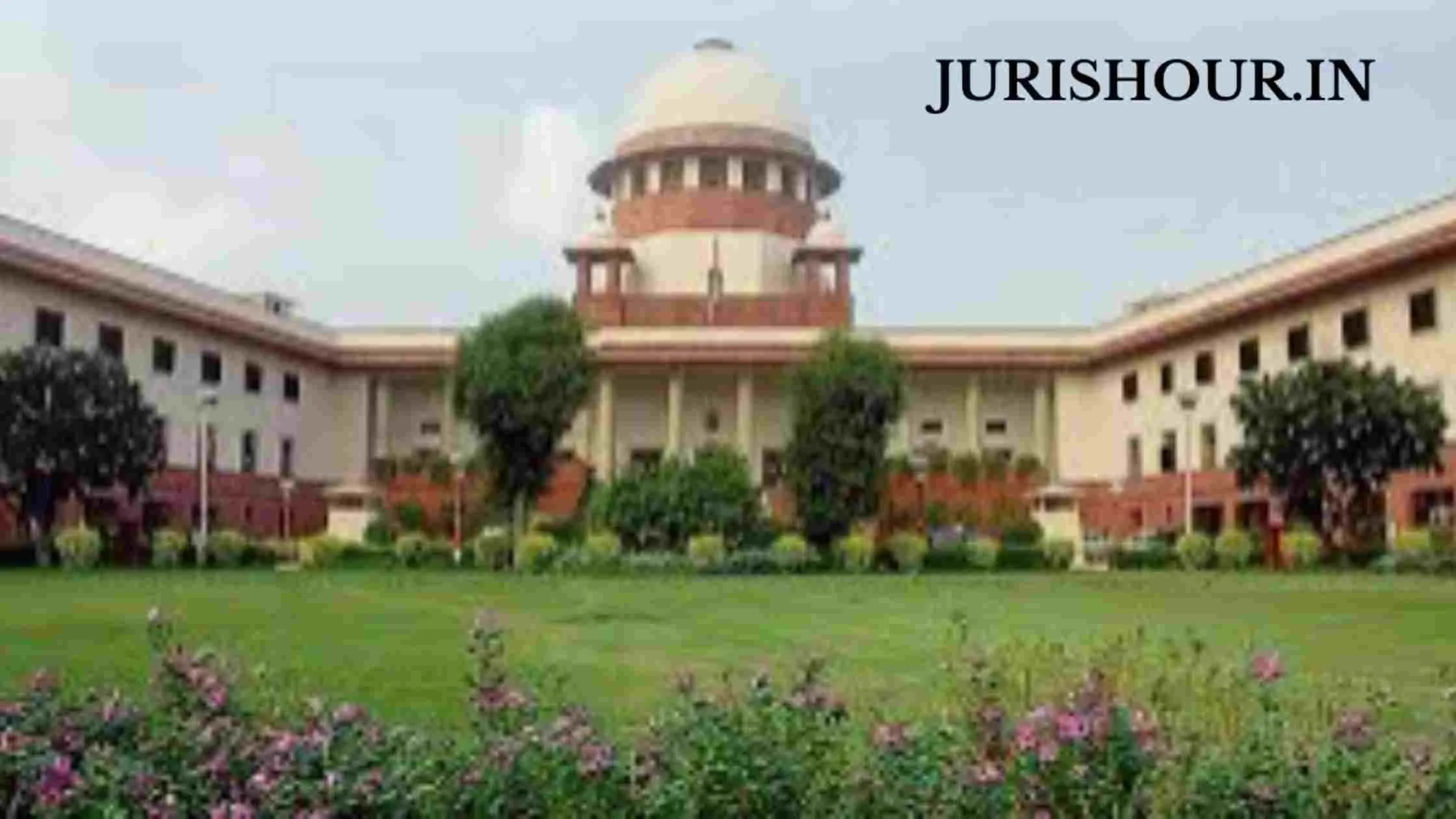The Supreme Court of India has ruled that a clause saying arbitration ‘may be’ sought does not constitute binding arbitration agreement.
The bench of Justice P.S. Narasimha and Justice Manoj Misra has observed that Clause 13 of a contract between joint venture BGM and M-RPL-JMCT (JV) and Eastern Coalfields Limited (ECL) does not constitute a valid arbitration agreement under the Arbitration and Conciliation Act, 1996. Dismissing the appeal, the Court held that the clause lacked the mandatory intent required to compel parties to arbitrate.
The dispute revolved around Clause 13 of the General Terms and Conditions of the contract, which provided for a two-stage internal dispute resolution process. The final portion of the clause stated that, in the case of parties other than government agencies, “the redressal of the dispute may be sought through Arbitration and Conciliation Act, 1996.”
The appellant interpreted this as an arbitration agreement, arguing that the clause gave either party the right to opt for arbitration, thereby making it binding once exercised. The respondent, Eastern Coalfields, contended that the clause did not reflect any mutual intent to arbitrate and merely left arbitration as a possible option.
The Court rejected the appellant’s interpretation, holding that the language used in Clause 13 was discretionary and did not indicate a binding agreement to arbitrate.
“Clause 13 does not bind parties to use arbitration for settlement of the disputes. Use of the words ‘may be sought’ implies that there is no subsisting agreement between parties that they, or any one of them, would have to seek settlement of disputes through arbitration,” the judgment stated.
The Court emphasized that for a clause to be considered an arbitration agreement under Section 7 of the 1996 Act, there must be a clear intention to arbitrate and a binding obligation to refer disputes to a private tribunal. Citing precedents such as Jagdish Chander v. Ramesh Chander and Mahanadi Coalfields Ltd. v. IVRCL AMR JV, the bench reinforced the principle that permissive language does not create a binding arbitration agreement.
The Court also clarified that while deciding applications under Section 11, referral courts are only expected to conduct a prima facie examination to determine the existence of an arbitration agreement. They are not to conduct a full-fledged inquiry or mini-trial. In the present case, since Clause 13 failed to meet even the prima facie test, the High Court was right in denying the appointment of an arbitrator.
Case Details
Case Title: BGM AND M-RPL-JMCT (JV) VERSUS EASTERN COALFIELDS LIMITED
Case No.: SLP (C) Diary No. 21451/2024
Date: July 18, 2025
Read More: How to Clear CLAT Exam on Your 1st Attempt: Proven Tips and Strategies

